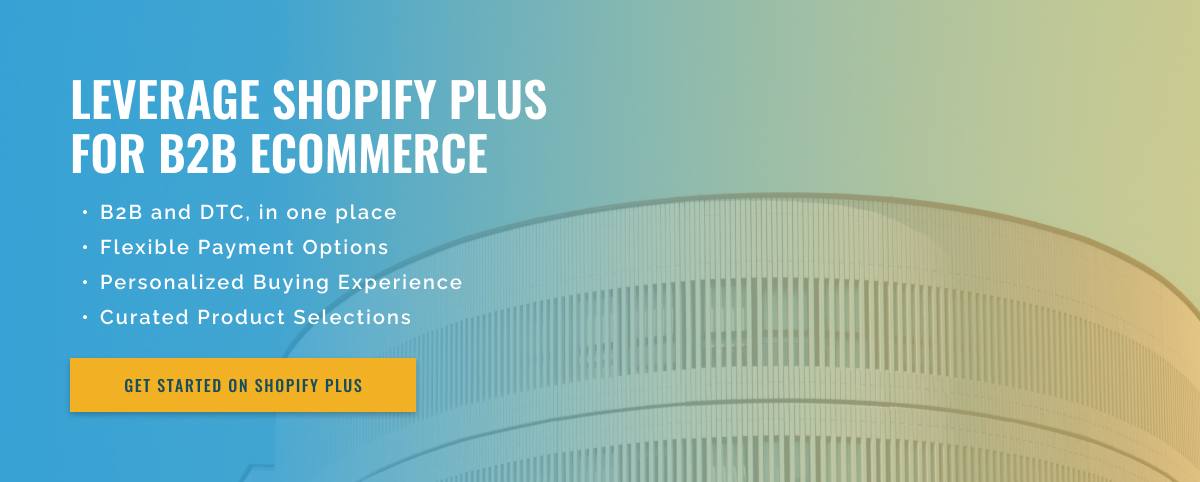3 minute read
BNPL: Everything B2B Merchants on Shopify Need to Know
Shopify is one of the most popular eCommerce platforms for both B2B and B2C companies. With its user-friendly interface and robust features, it has become a popular platform for sellers of all sizes. In recent years, the rise of Buy Now, Pay Later (BNPL) has revolutionized the way consumers shop online. Many B2B sellers are now considering enabling BNPL options in their Shopify stores to attract more customers and increase sales. However, before entering the world of BNPL, B2B merchants must be aware of the legal requirements to ensure a smooth and legal transaction process.
BNPL options allow customers to pay for purchases in installments, often interest-free. This could be a game-changer for B2B sellers, especially those selling high-priced products. However, offering BNPL options comes with certain legal requirements that sellers must adhere to. The most important of these are the Truth in Lending Act (TILA) and Regulation Z, which is enforced by the Consumer Financial Protection Bureau (CFPB). This law requires sellers to disclose the terms of BNPL options, including interest, fees, and expiry dates, in a clear and understandable manner.
In addition to TILA, B2B merchants offering BNPL options on Shopify must also comply with the Payment Card Industry Data Security Standard (PCI DSS). This standard guarantees the security of customers’ personal and financial data during the transaction process. Merchants must ensure that their payment systems comply with the latest PCI DSS requirements and that all transactions are secure and encrypted.
On top of these legal compliance requirements, B2B merchants should also be aware of their state’s regulations regarding BNPL options. Some states have their own laws, such as California’s Deferred Depository Act and Texas’ Credit Services Organizations Act, that set disclosure requirements and interest rate limits for BNPL transactions. B2B sellers must not only be aware of these legal compliance requirements, but also implement them. Failure to comply may result in legal consequences, damage to the seller’s reputation, and loss of customer trust. It is good practice for merchants to consult with legal and financial experts to ensure they meet all legal compliance requirements for BNPL options on Shopify.

